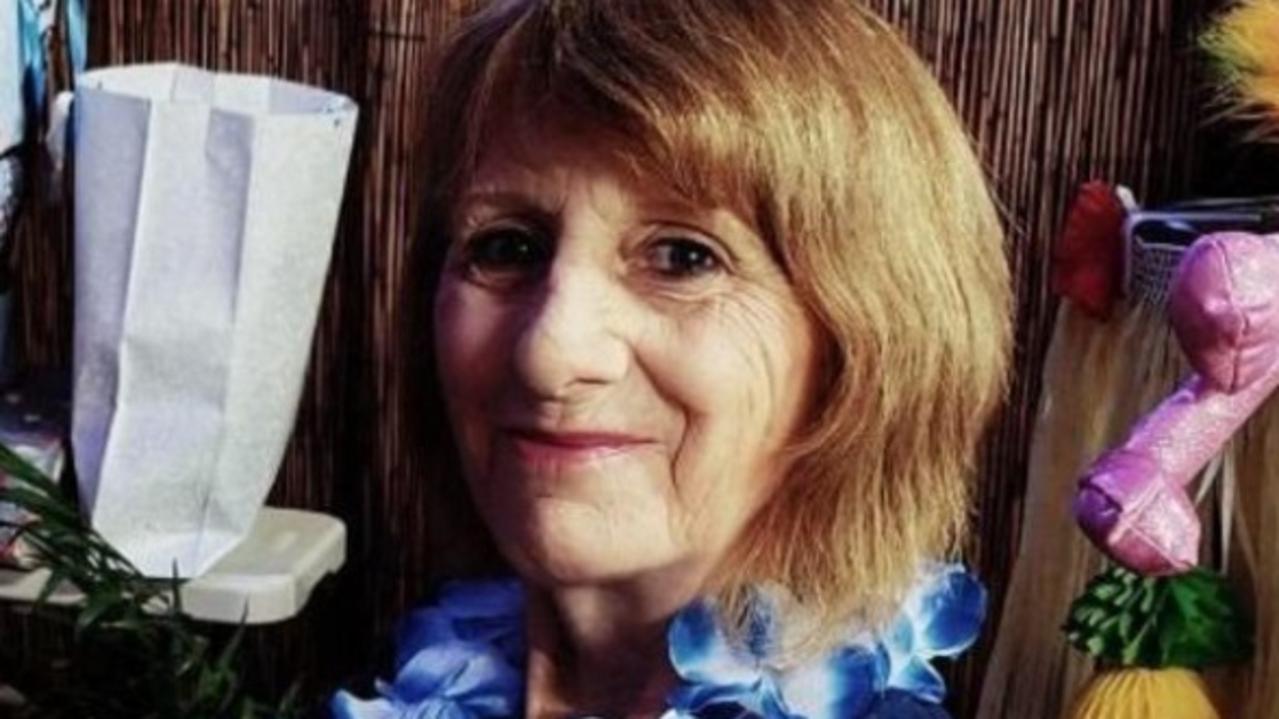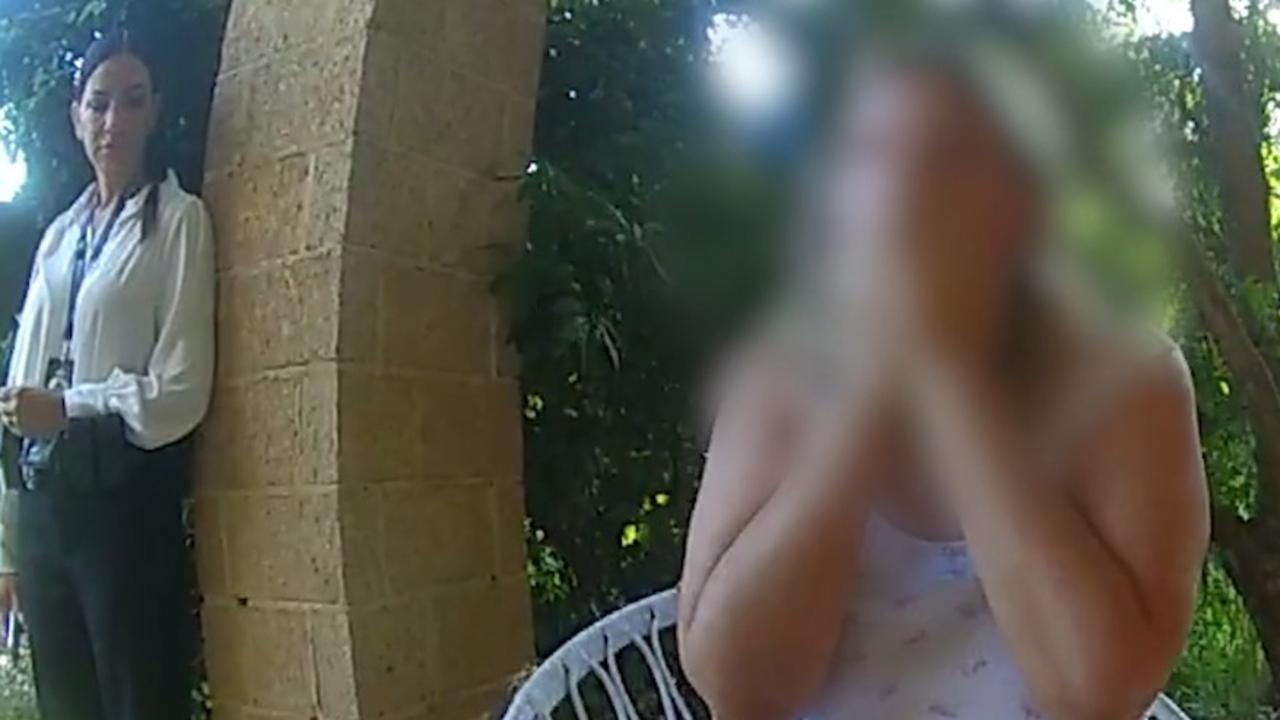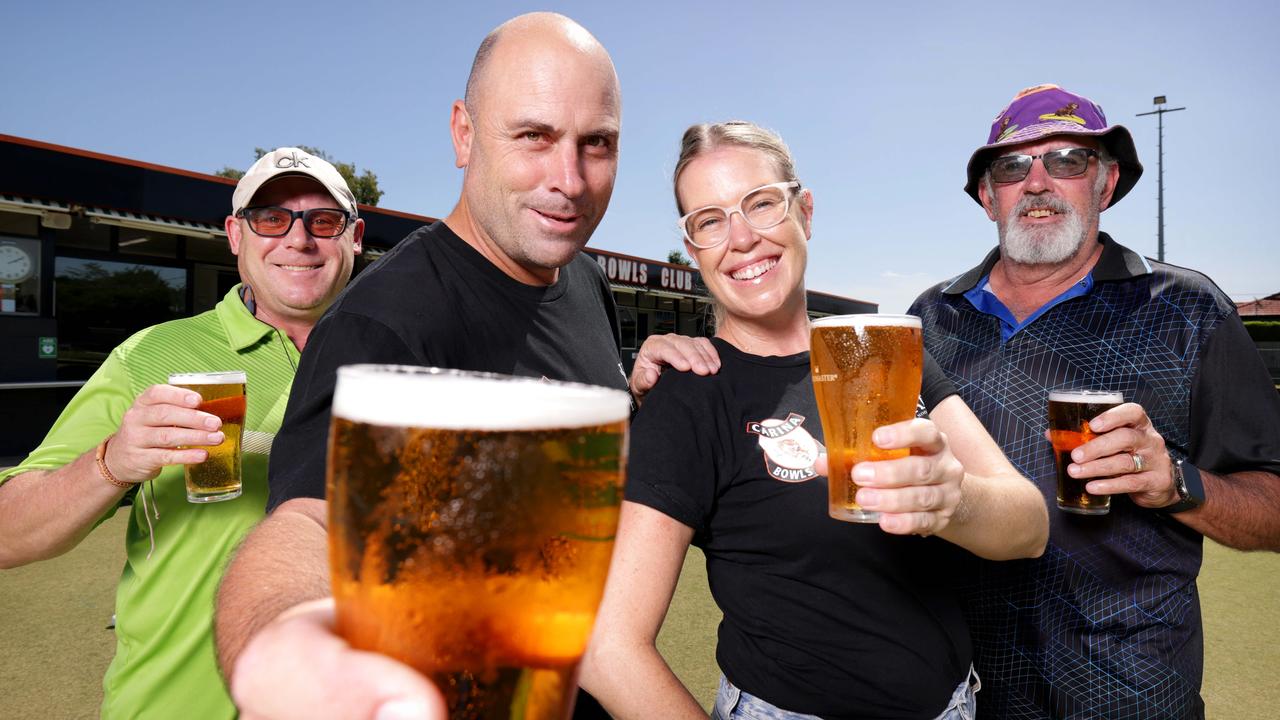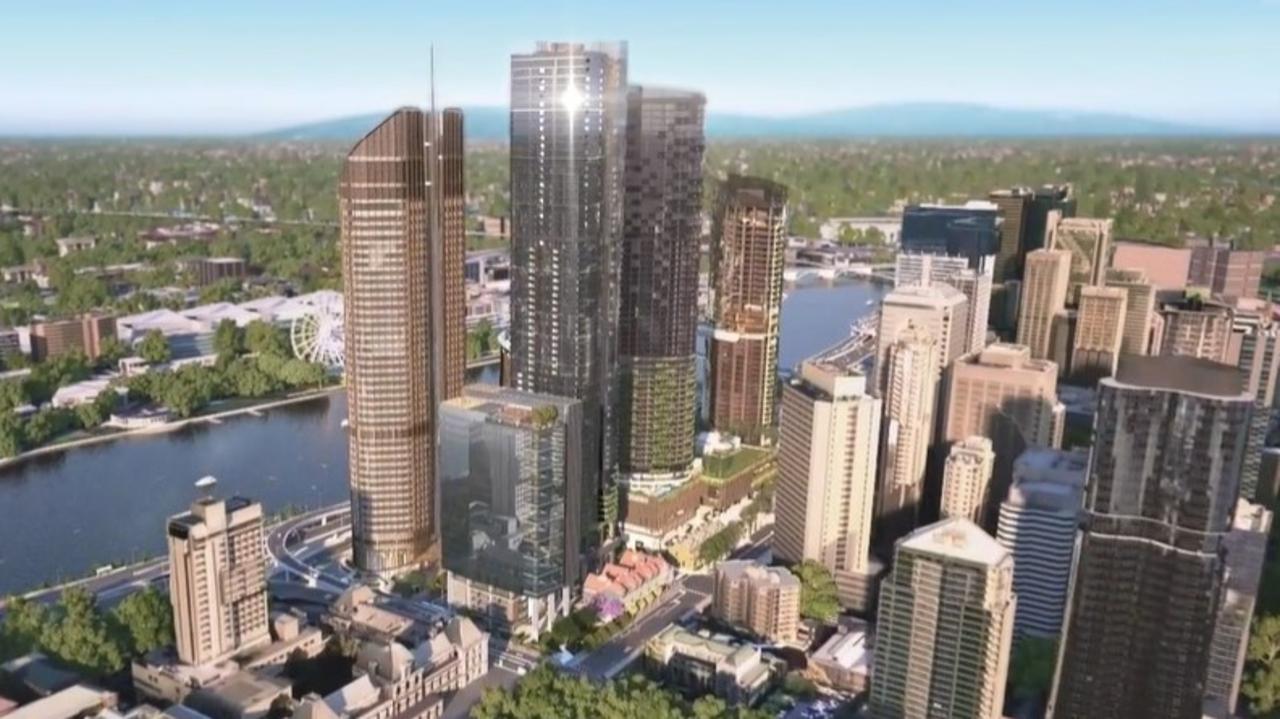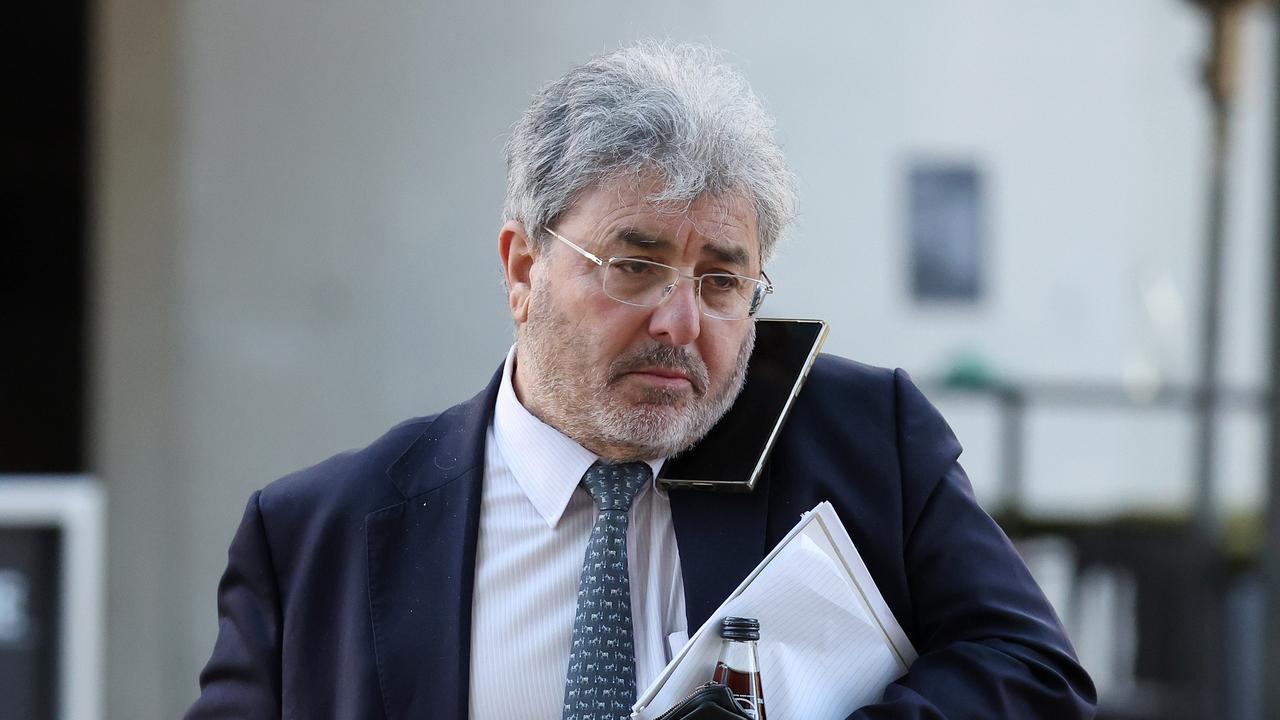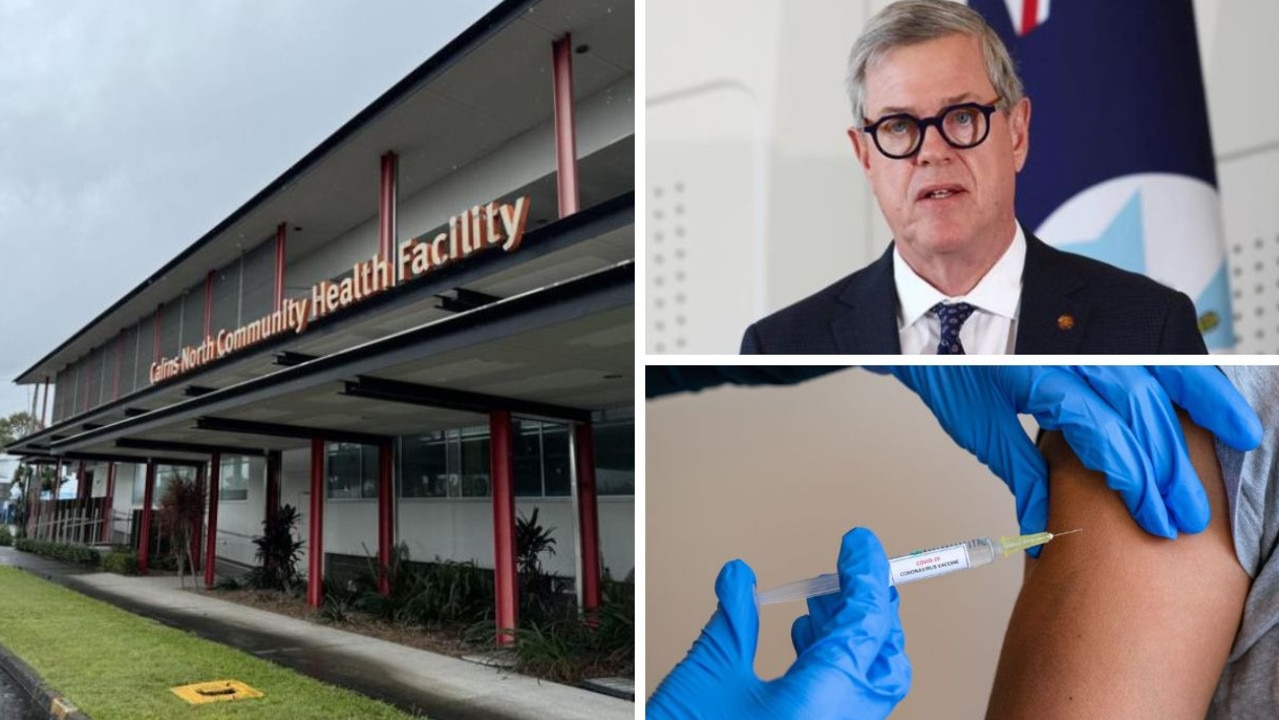200 doctors take up trainee GP jobs in desperate regional communities
Nearly 200 doctors have taken up desperately unfilled trainee general practitioner jobs in regional towns – some of whom have been without a GP registrar for up to seven years.

QLD News
Don't miss out on the headlines from QLD News. Followed categories will be added to My News.
Nearly 200 doctors have taken up desperately unfilled trainee general practitioner jobs in regional towns – some of whom have been without a GP registrar for up to seven years.
Exclusive new data from the Royal Australian College of General Practitioners has revealed support packages of up to $45,000 had this year helped recruit 177 trainee GPs to towns who had either never had a trainee or hadn’t had one for at least two years.
Of the trainees who took up the previously unfilled training spots at the start of 2024, 65 per cent opted to stay for at least the rest of the year.
This story is part of News Corp’s Bush Summit series celebrating rural and regional Australia and championing the issues that matter most to those living in the bush. You can read all of our coverage here.
Lithgow, Portland and Wallerawang in New South Wales’ Central Tablelands, welcomed six of the new GPs in training after struggling to attract any before this year.
Mallacoota in regional Victoria and Coonabarabran in New South Wales each gained a GP registrar having not had one since 2016. While a husband and wife team have moved to Mossman in Far North Queensland, an area that has historically relied on fly-in fly-out GPs.
Royal Australian College of General Practitioners president and Mackay-based doctor Nicole Higgins said the lack of GPs working in the regions was “dire”.
But this year’s trainee numbers showed there had been some “green shoots”.
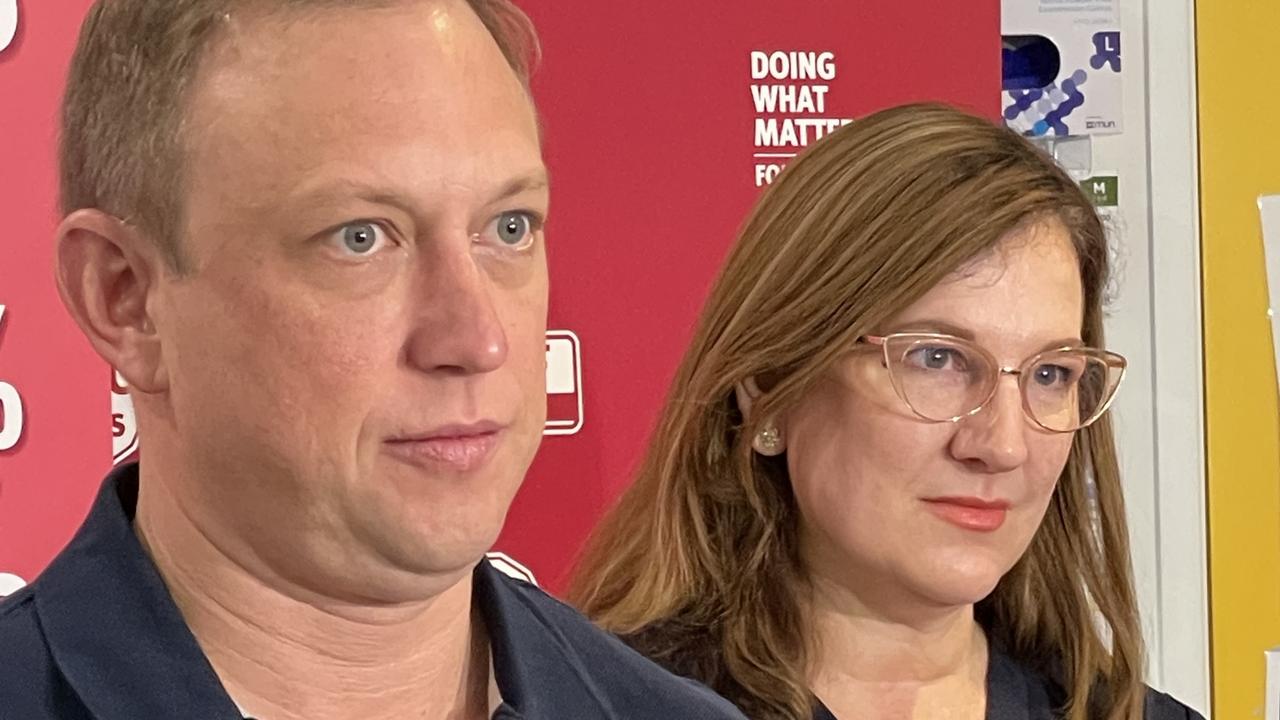
“It’s really challenging when even on the coastal areas, we’re struggling to attract GPs and so for anybody in rural Australia it’s dire,” she said.
“We’ve also had challenges getting our medical students and our GPs in training out to those areas of need.
“But we’re now starting to see some really good results showing that we are getting GPs to where they need to be.”
Interest in rural generalism, a GP subspecialty, has also been growing in popularity as the first preference of career for medical students – from 5.6 per cent in 2022 to 7 per cent in 2023, according to the Medical Deans of Australia’s survey of final year med students.
Dr Higgins said 10 years of successive federal governments had under funded and undervalued general practice, which had created areas where people can’t get a GP, or if they can, they were difficult to access.
“We know that for people in rural Australia, we don’t live as long, our lives aren’t as healthy, we don’t have the access to health care that our city counterparts do, and the government spends just under $1,000 less on each rural person for health than it does for someone in the city,” she said.
As identified in the Royal Flying Doctor Service’s Best for the Bush: Rural and Remote Health Base Line 2022 report, 44,930 people in remote and very remote Australia had no access to any type of primary health care service within a 60-minute drive of their home.
The RFDS also found 57,899 people did not have access to GP services.
Dr Higgins said the RACGP was calling for 10 per cent of the total federal health care budget to be allocated to general practice, almost double the current 5.7 per cent allocation.
In the 2024-25 federal budget, $17.4 million was invested to extend the General Practice Incentive Fund to support health services at risk of closing, including those in rural and remote areas.
“There is no higher priority in health … than rebuilding general practice,” Federal Health Minister Mark Butler said.
Mr Butler said incentives and additional payments for general practices to have a doctor working in rural and remote communities had increased the number of junior doctors commencing as GP trainees this year.
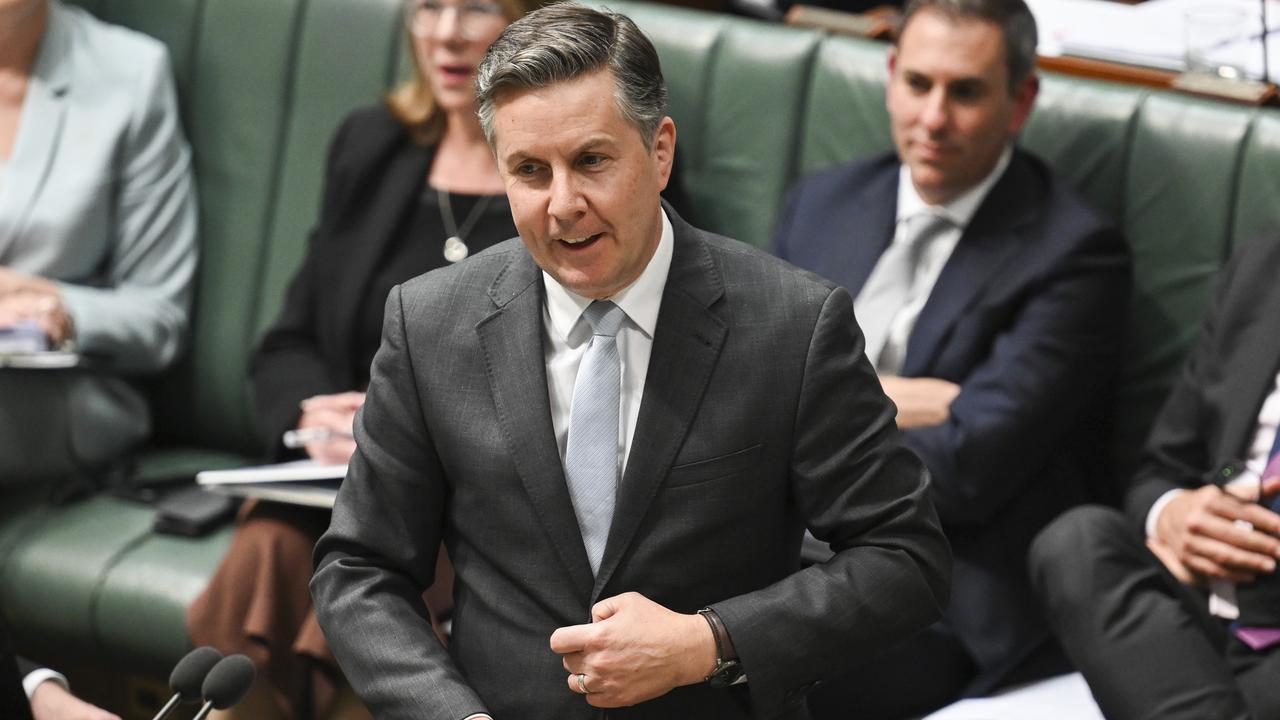
“To ensure a strong pipeline of junior doctors, the Government supports more than 13,000 students studying medicine each year, resulting in the graduation of around 2800 government-funded junior doctors each year,” he said,
“Almost 40 per cent of these graduates spent a year or more studying in rural locations during their medical degree.”
Earlier this month, it was announced a Medical Workforce Advisory Collaboration had been established to advise on medical workforce priorities, including supply and demand, distribution, workforce capability and support.
More Coverage
Originally published as 200 doctors take up trainee GP jobs in desperate regional communities



